Swarm Intelligence (Agent Based Modeling)
Swarm Intelligence
Mohd Syafiq Azmy
Faculty of the Architecture
Department in Partial Fulfillment of the Requirements
Degree of Master of Architecture at Savannah College of Art and Design
June 2016
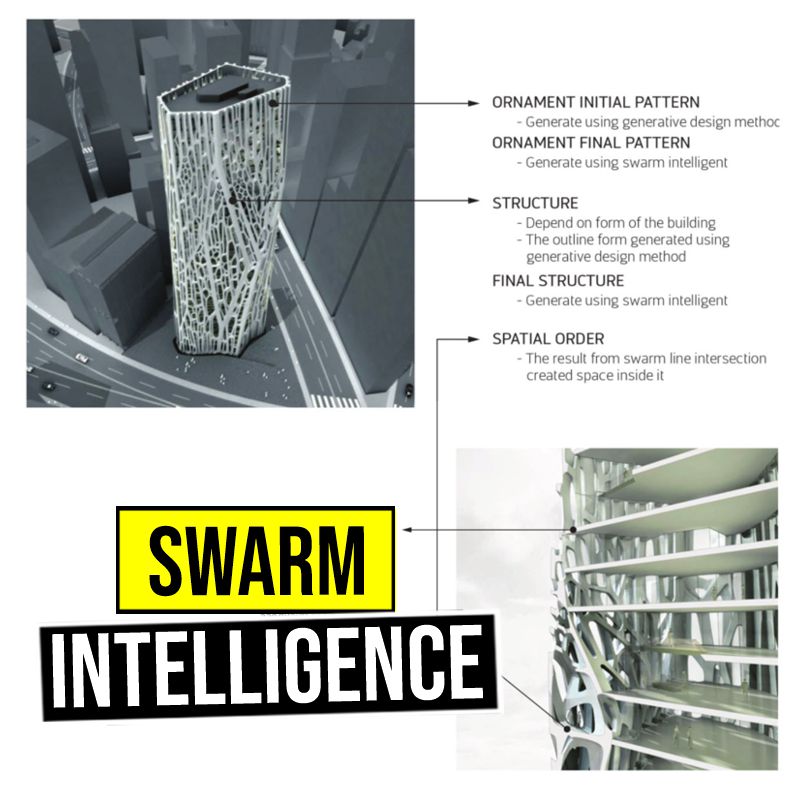 The use of swarm intelligence nowadays has expanded not only to the field of science but also can be seen in architectural explorations especially in the design process. Such explorations in architecture need to be defined in terms of how swarm intelligence can be a segue into architectural typologies that focus on form, structure, and site.
The use of swarm intelligence nowadays has expanded not only to the field of science but also can be seen in architectural explorations especially in the design process. Such explorations in architecture need to be defined in terms of how swarm intelligence can be a segue into architectural typologies that focus on form, structure, and site.
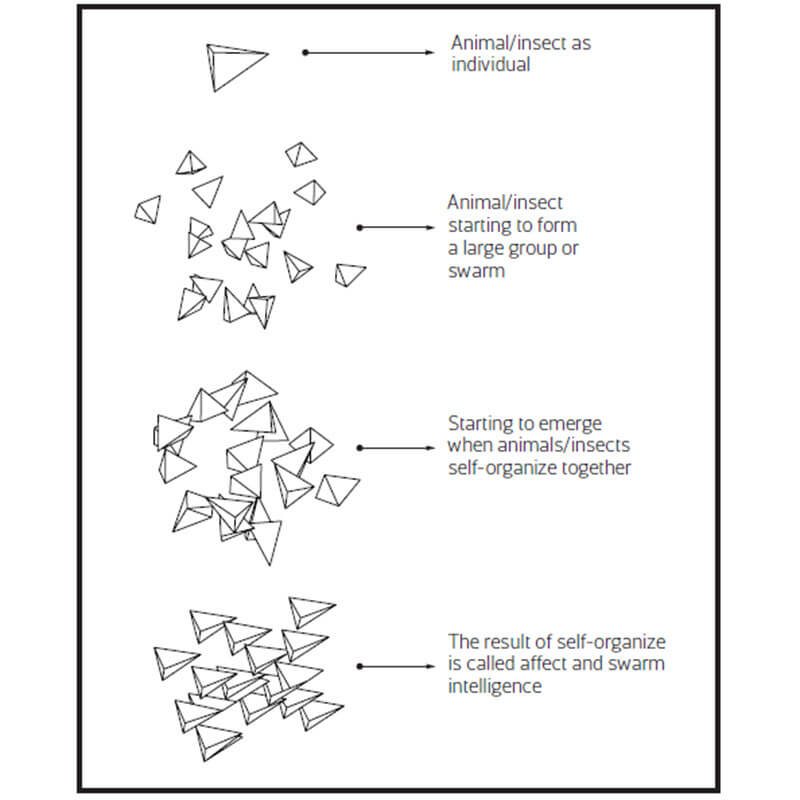 Swarm modeling consists of modeling and simulation of swarm behavior inside computational software. The most important part for swarm modeling is to understand the mechanisms that generate collective behavior in insects or animals.
Swarm modeling consists of modeling and simulation of swarm behavior inside computational software. The most important part for swarm modeling is to understand the mechanisms that generate collective behavior in insects or animals.
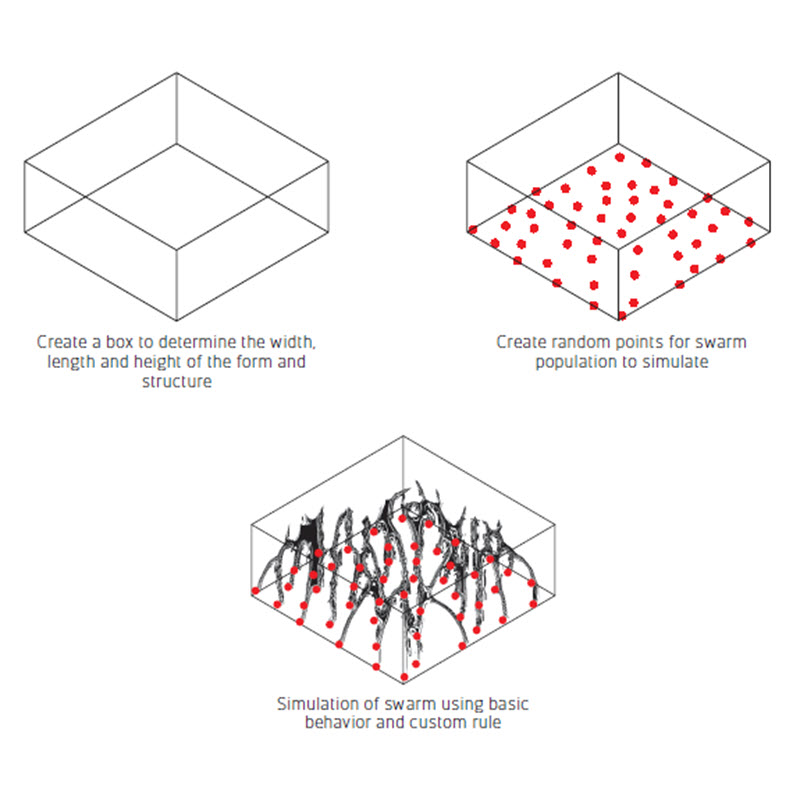 Swarm intelligence in architecture is divided into two, which both of the two sitting under the outlook umbrella. The first is an aesthetic outlook that ‘impose’ form on building materials. The next is a structural outlook that allows forms to ‘emerge’ according to certain programmatic requirements.
Swarm intelligence in architecture is divided into two, which both of the two sitting under the outlook umbrella. The first is an aesthetic outlook that ‘impose’ form on building materials. The next is a structural outlook that allows forms to ‘emerge’ according to certain programmatic requirements.
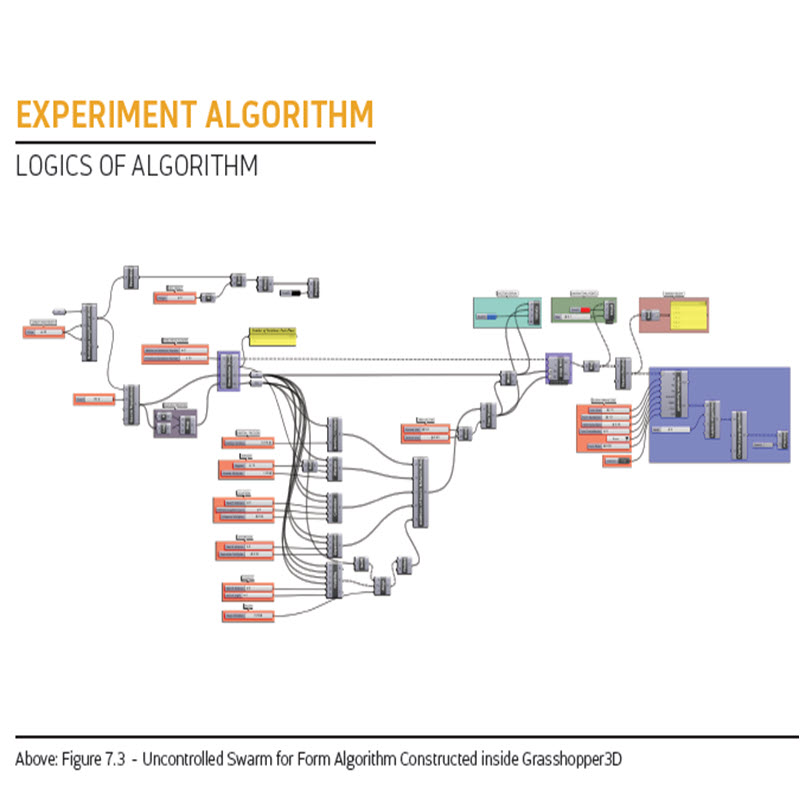 Since swarm methodologies are abstract, the formation of a swarm will create structure, ornament, and spatial order (Snooks et.al, 2011). These formations are based on the parameters that influence the swarm. The intention of this investigation is to create a universal algorithm that can be used to test the simulation and check the result.
Since swarm methodologies are abstract, the formation of a swarm will create structure, ornament, and spatial order (Snooks et.al, 2011). These formations are based on the parameters that influence the swarm. The intention of this investigation is to create a universal algorithm that can be used to test the simulation and check the result.
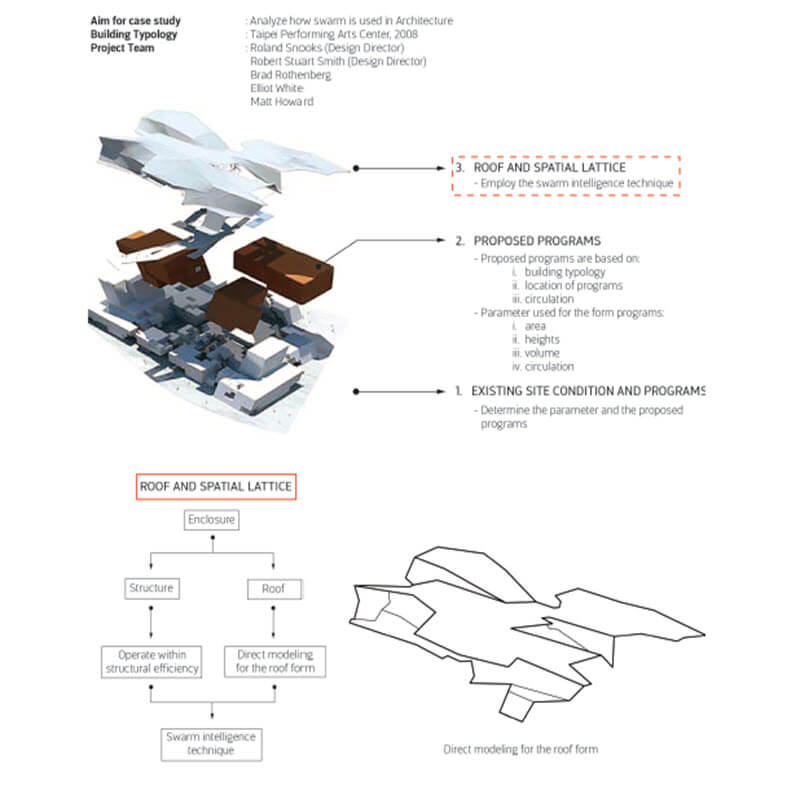 The formations of the swarm vary based on the behavior rules and the parameters inserted (Miranda, Coates, et al). With three different conditions in the site, this investigation will be judging the capability of the swarm and the number of behavior rules that will be used to generate architecture.
The formations of the swarm vary based on the behavior rules and the parameters inserted (Miranda, Coates, et al). With three different conditions in the site, this investigation will be judging the capability of the swarm and the number of behavior rules that will be used to generate architecture.
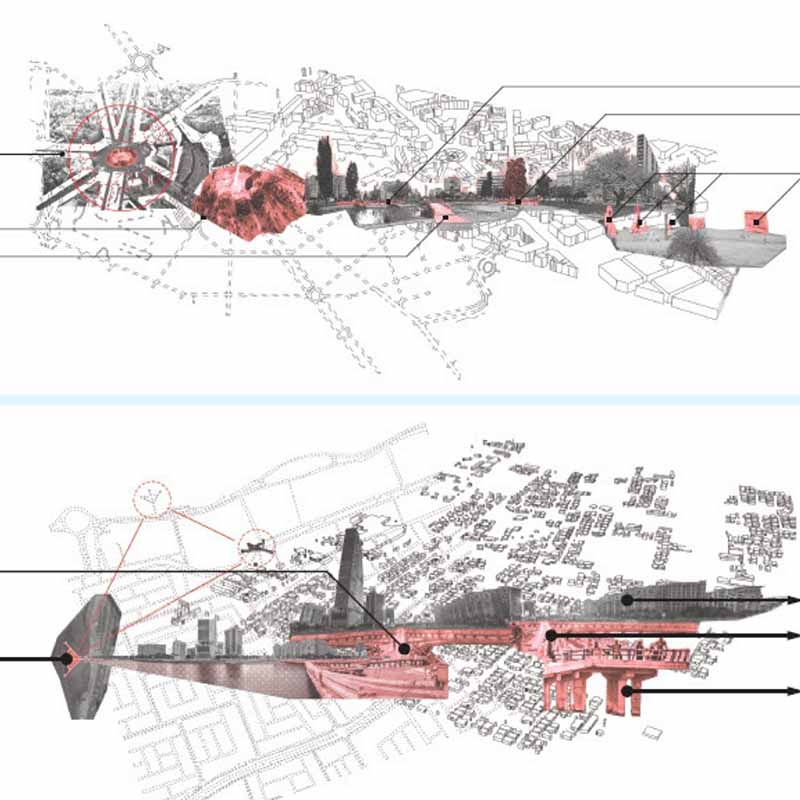 This first experiment focuses on uncovering all the necessary parameters that are used in the subsequent experiments for form and structure. This experiment is called an uncontrolled swarm since it depends totally on the role of computational design. In this case, the role of the designer comes in only for setting up the algorithm that needs to run the simulation.
This first experiment focuses on uncovering all the necessary parameters that are used in the subsequent experiments for form and structure. This experiment is called an uncontrolled swarm since it depends totally on the role of computational design. In this case, the role of the designer comes in only for setting up the algorithm that needs to run the simulation.
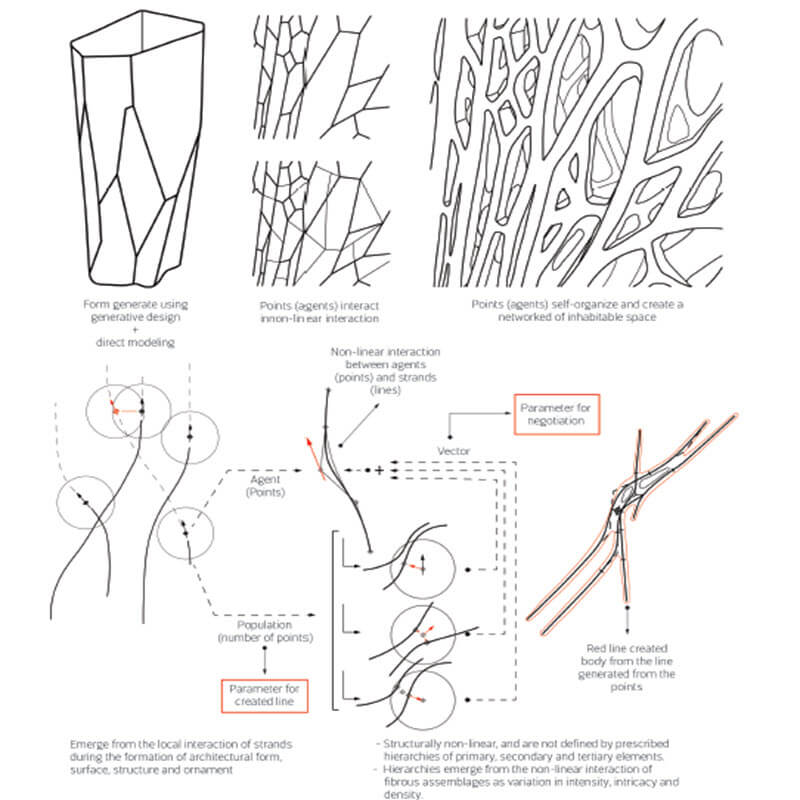 For structure experiment, the same form experiment workflow and categories; width, length, and height are used in this simulation. The only difference in this simulation is the use of structure definition, which emphasizes the opening size and the thickness of the structure.
For structure experiment, the same form experiment workflow and categories; width, length, and height are used in this simulation. The only difference in this simulation is the use of structure definition, which emphasizes the opening size and the thickness of the structure.
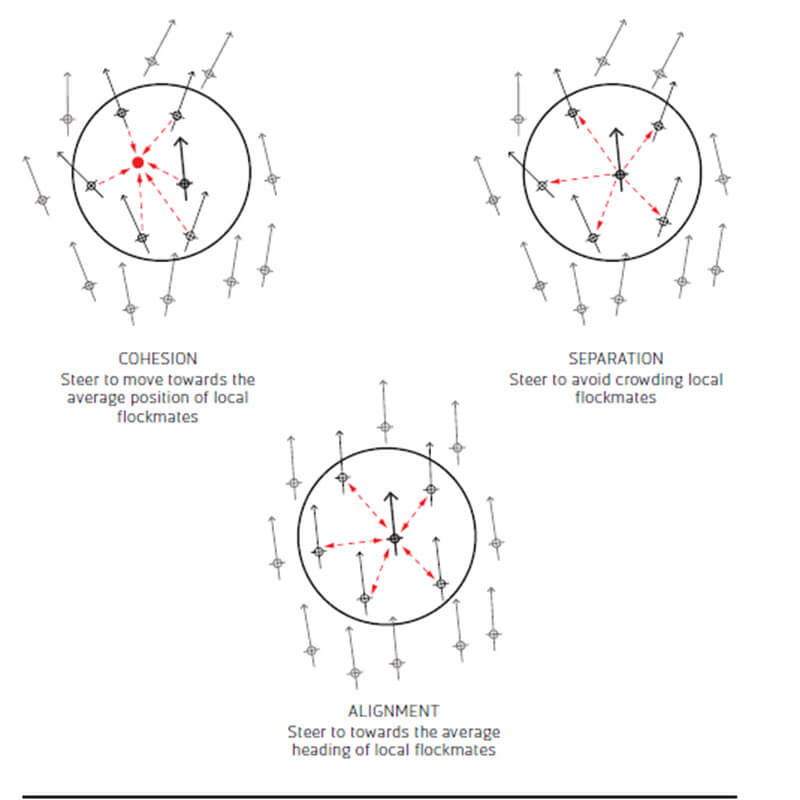 The site and program experiment analyzed the relationship between the role of computational design with the role of the designer. This experiment begins when the designer takes a role in site analysis. This analysis was driven by the observation and careful investigation made by the designer to determine the possibility that can be applied to the site.
The site and program experiment analyzed the relationship between the role of computational design with the role of the designer. This experiment begins when the designer takes a role in site analysis. This analysis was driven by the observation and careful investigation made by the designer to determine the possibility that can be applied to the site.
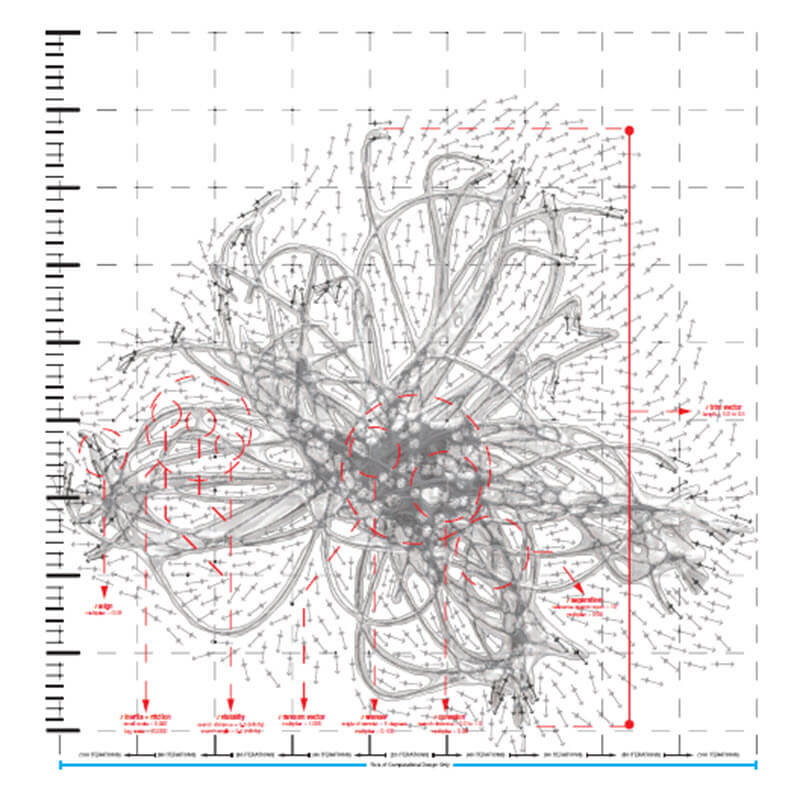 The circulation design consists of the ramp that used the slope gradient 1:16 as is required by the Americans With Disabilities Act (ADA). Then, swarm simulation is simulated by taking the designated circulation as a guideline for the swarm to move. The first result formed by the swarm simulation consists of a small space area for the people to enter the pavilion.
The circulation design consists of the ramp that used the slope gradient 1:16 as is required by the Americans With Disabilities Act (ADA). Then, swarm simulation is simulated by taking the designated circulation as a guideline for the swarm to move. The first result formed by the swarm simulation consists of a small space area for the people to enter the pavilion.
In this paper, we have discussed how a swarm can generate architecture by focusing on the form, structure, and site. Those experiments have shown that swarm can create different results based on parameters and hierarchies. Several processes or experiments have been developed through different parameters in a swarm that affects hierarchies of architecture, and finally in pavilion representation of architectural typologies.
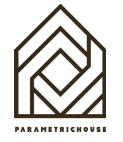



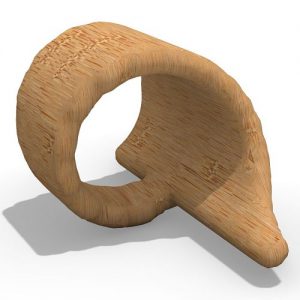
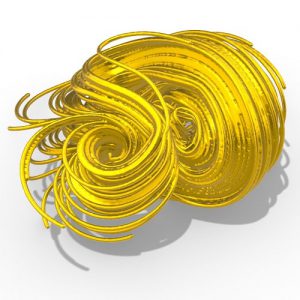
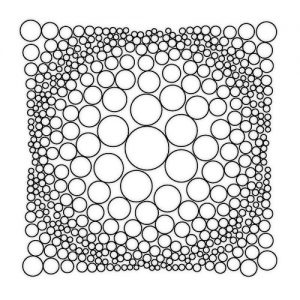
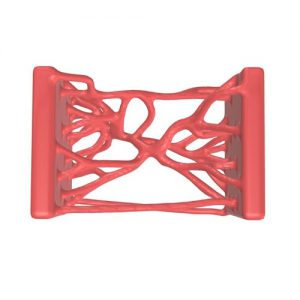
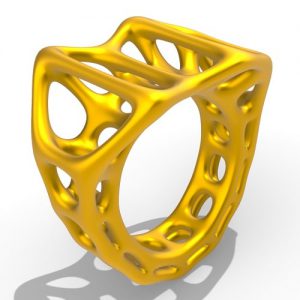
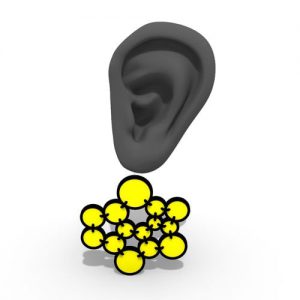
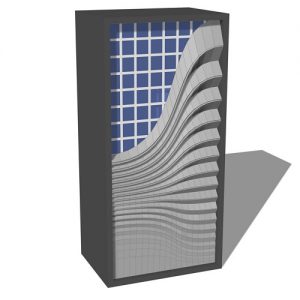
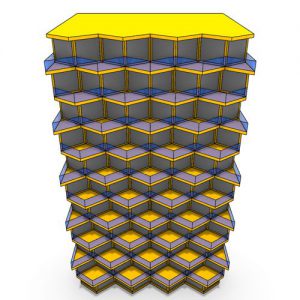
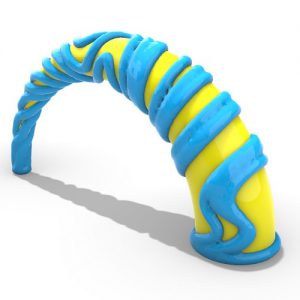
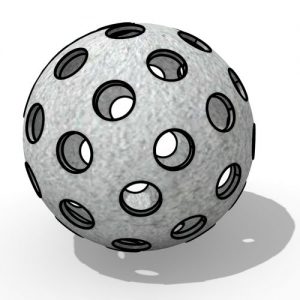
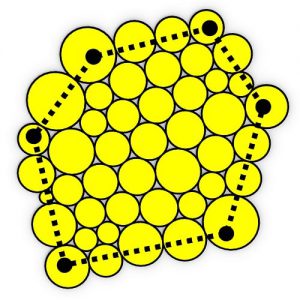
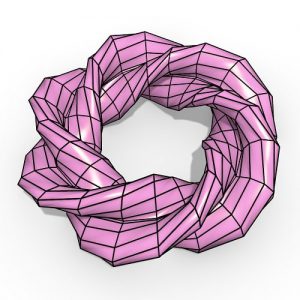
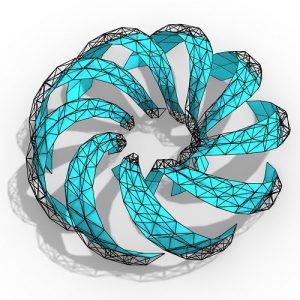
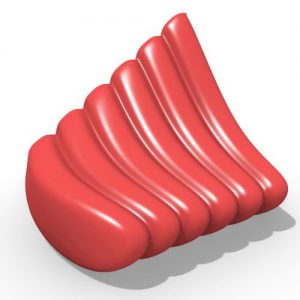


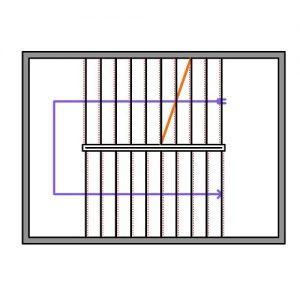
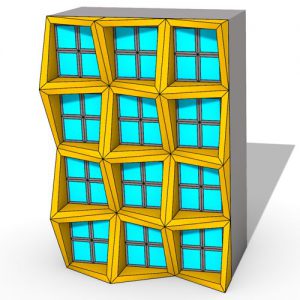
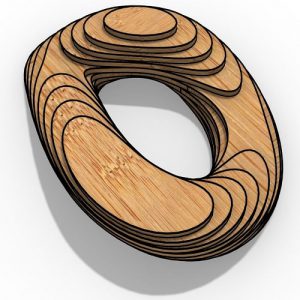
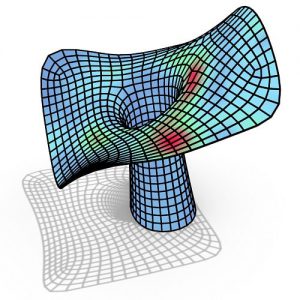
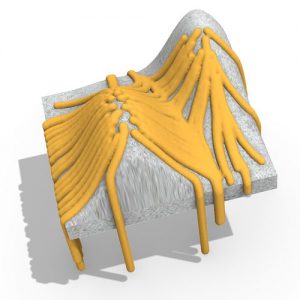
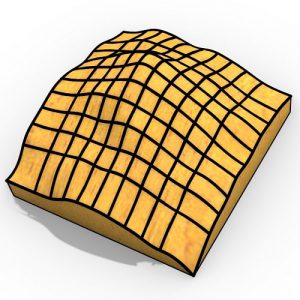
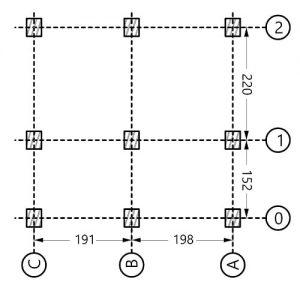

Comments
jelevyg
Hi, super interesting research! I am trying to achieve a structure also with swarm intelligence for my master’s program, what grasshopper plugin did you use? Thank you
rezae
This exact thesis is using custom programming. You can start with these plugins: [Culebra, Stella, Quelea ,SD Platform]
Many thanks
dillonleo
Hi, this is nice. I’m trying to learn your script for my undergraduate thesis, what kind of grasshopper component that you used for the custom programming of the swarm behavior? Thanks!
rezae
Hi you can use Cullebra, Stella3D, Quelea and Nursery. there a lot more if you search on internet these are the things that we have worked with